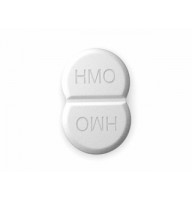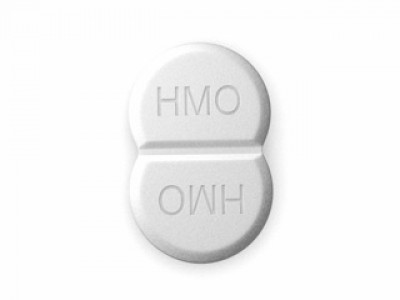Tritace (Ramipril) may interact with several medications, supplements, and substances, potentially affecting its effectiveness or increasing the risk of side effects. It's important to inform your healthcare provider about all medications you are currently taking, including prescription drugs, over-the-counter medications, vitamins, and herbal supplements, to minimize the risk of interactions.
Certain medications can increase the risk of low blood pressure (hypotension) when taken with Tritace. These include diuretics (water pills), other blood pressure medications, and medications that promote fluid loss, such as nonsteroidal anti-inflammatory drugs (NSAIDs) like ibuprofen. Combining these medications with Tritace can lead to excessive lowering of blood pressure, which may cause symptoms such as dizziness, lightheadedness, or fainting.
Potassium-sparing diuretics and potassium supplements can potentially increase potassium levels in the blood when taken with Ramipril, leading to a condition known as hyperkalemia. This can be dangerous, especially for individuals with kidney problems. Healthcare providers may monitor potassium levels closely in such cases.
Certain medications, such as lithium, can also interact with Ramipril, affecting kidney function. It's crucial for individuals taking lithium to have their kidney function monitored closely by their healthcare provider when starting or changing doses of Ramipril.
Additionally, Ramipril can interact with certain diabetes medications, altering blood sugar levels. Individuals with diabetes should monitor their blood sugar levels closely when starting Ramipril or making dosage adjustments.
Alcohol consumption should be moderated or avoided while taking Tritace, as it can further lower blood pressure and increase the risk of side effects such as dizziness or fainting.
To ensure safe and effective use of Tritace (Ramipril), it's essential to discuss all potential interactions with your healthcare provider. They can provide guidance on managing medications, adjusting dosages if necessary, and monitoring for any adverse effects that may arise from interactions while taking Tritace for conditions such as hypertension or heart failure.

